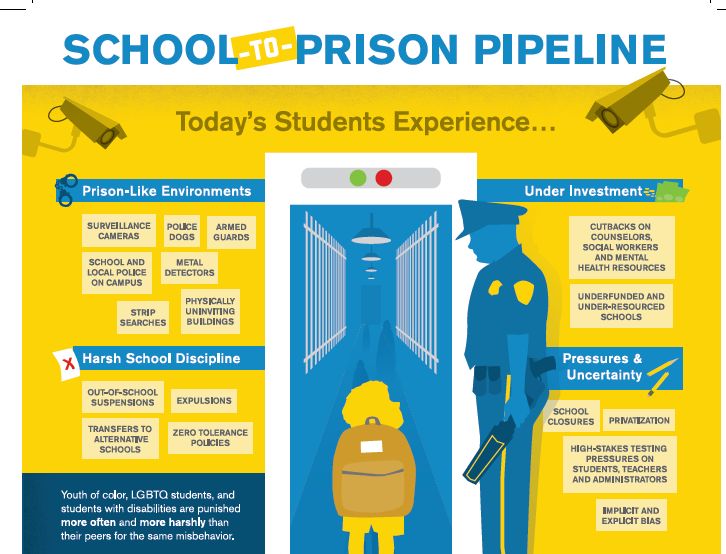Discipline
The mere mention of it conjures up deeply personal memories. Other than infancy, there are very few times in our lives when we act without discipline. STOP signs, social media, and schedules are all prime examples when it is required. And then there’s discipline as it relates to school. For me, it started with stories shared by my mom about a one room school house where the headmaster sadistically silenced students into submission with a switch. Shudder. I clearly remember the rows on a dusty chalkboards replete with repetitive reminders of our recalcitrance. In the 70s, my grade 6 rotary teacher allowed students to pick the paddle with which he would use to discipline us. He had a collection in the corner. Speaking of corners, many were filled with kids “rewarded” with a change of scenery and a new hat for their misgivings. It was a different time and we were afraid.
Discipline varied from year to year and teacher to teacher. Perhaps it was to keep us off balance or that a constant was simply not possible. I’ve experienced 100% of them myself, and was tied to a chair in grade 1 for good measure. Thankfully, I haven’t seen 80% of these types of discipline since beginning my career as an educator in 2009.
In 2017, discipline has evolved to lost recesses, extra work, isolation from peers, loss of privileges, the walk of shame/glory to the office to see the principal, expulsion, and yes still, the writing of lines.* Have students become better behaved or have educators become better at classroom management? Ask yourself, “How does discipline happen in your school?”
In my classroom, a collective establishment of behavioural expectations has been crucial. With my students involved there is democracy, their voices are heard, and this then becomes the standard for everyone to uphold. At it’s heart, discipline must be founded in respect and responsibility where students contribute to and are expected to make good decisions at all times.

So how in 2017, where a JK to 12 education is mandatory and free for all, why then are things like the one below still happening?
| The state of Arkansas Corrections department carried out the unprecedented execution of 4 prisoners in April. Really?|
This got me thinking about discipline, law, crime, law enforcement, punishment, society, and then, without fail, back to education. I wondered how any society built on the rule of laws, which are guaranteed for the protection and benefit of all, fails itself so frequently? Does education contribute to the school to prison pipeline with outdated methods of discipline?
Would it not be easier to rearrange the order of this equation in order to place education and society first? Could schools be funded as highly as prisons in order to end this destructive cycle? Did you know that education receives approximately one tenth of the funding per student as the prison system does per inmate? This gap cannot continue if we expect to grow happy, healthy, and whole learners.
Can we return to discipline’s original Latin disciplina; where it means method, instruction, and knowledge instead of scourging and flagellation? If we put knowledge and instruction over control we could restore discipline to its positively intentioned origins? I am positive the investment in education will lead to greater opportunities for everyone while reducing crime and prison populations.
I wanted to stretch, if not challenge, thinking with this reflection on discipline. Specifically, how this word, through its meaning and deeds, effects everything we do in education. Assuredly, any discussions of discipline require rules, boundaries, and consequences. But after all, isn’t that what it’s here for? Perhaps, in the spirit of the word, it can be so much more if we choose to use it positively instead to preserve power.
Thank you for reading. Feel free to share your memories in the comments section below.
Please read on if you’d like a little more.
* A switch history
Remember the axiom. ” Spare the rod and spoil the child.” Banning the Strap delves into the history of discipline and banishment of corporal punishment in Canada. Looking on our neighbours to the south, New Jersey was the first state in the USA to abolish corporal punishment in 1867 with Massachusetts coming a close second doing the same in 1972.
Thought this was interesting from our friendly neighbourhood land of the free.

